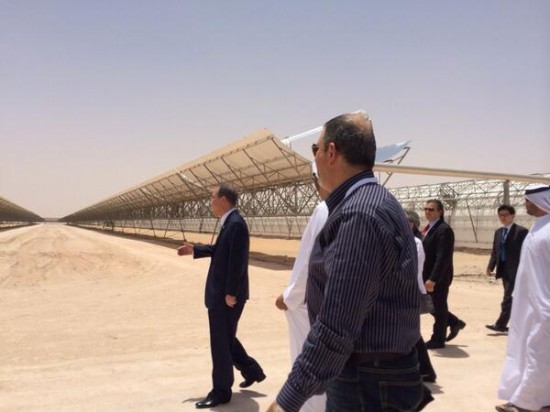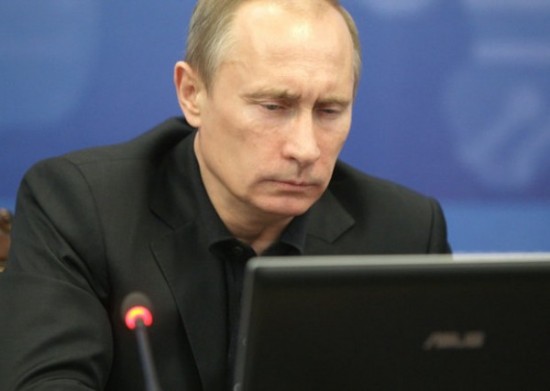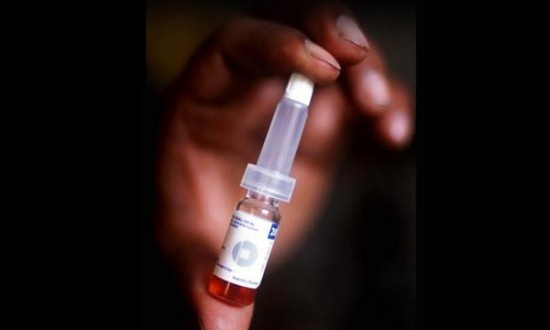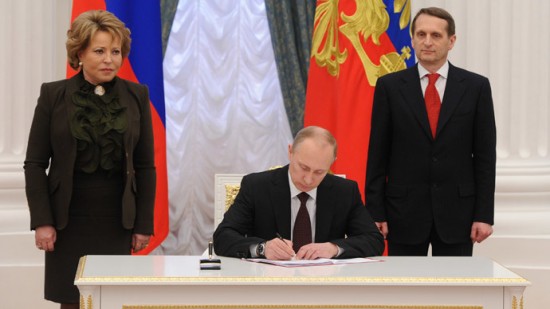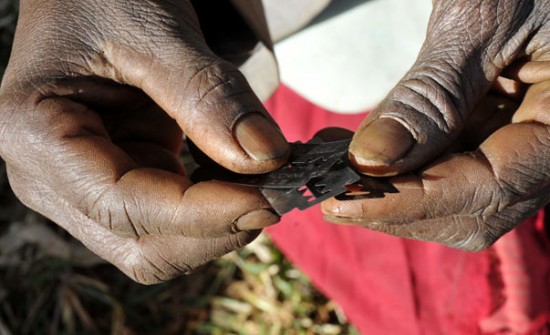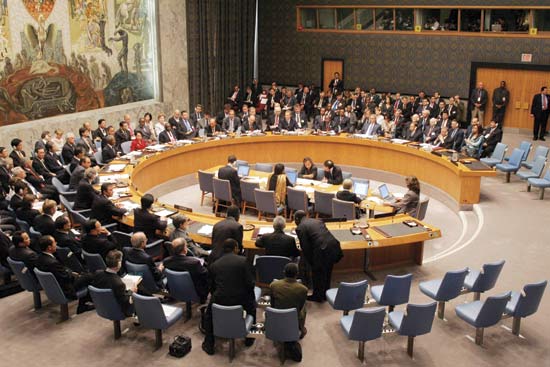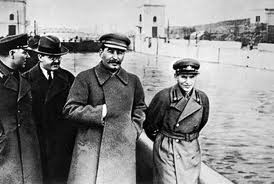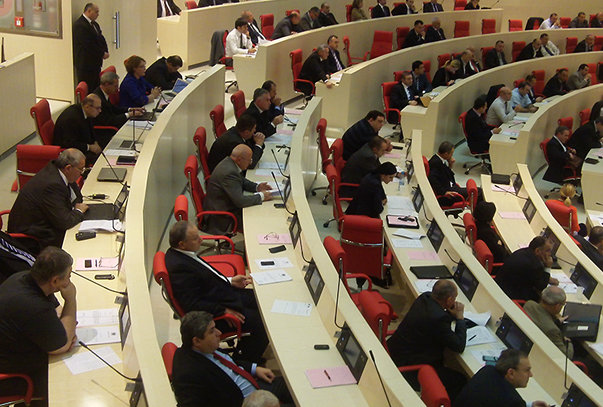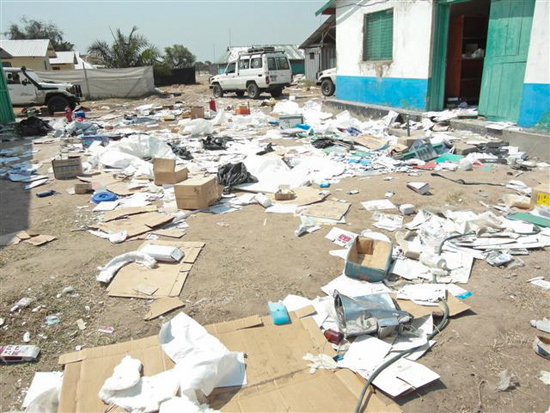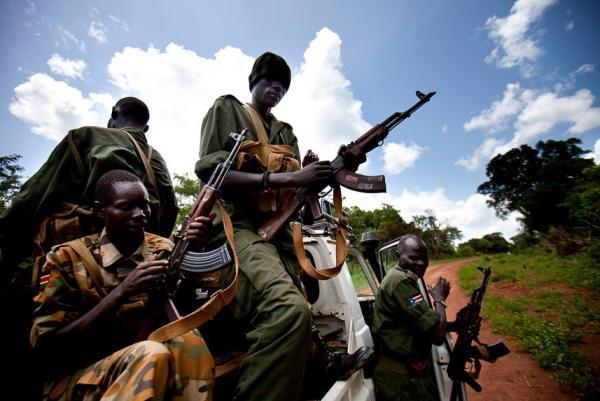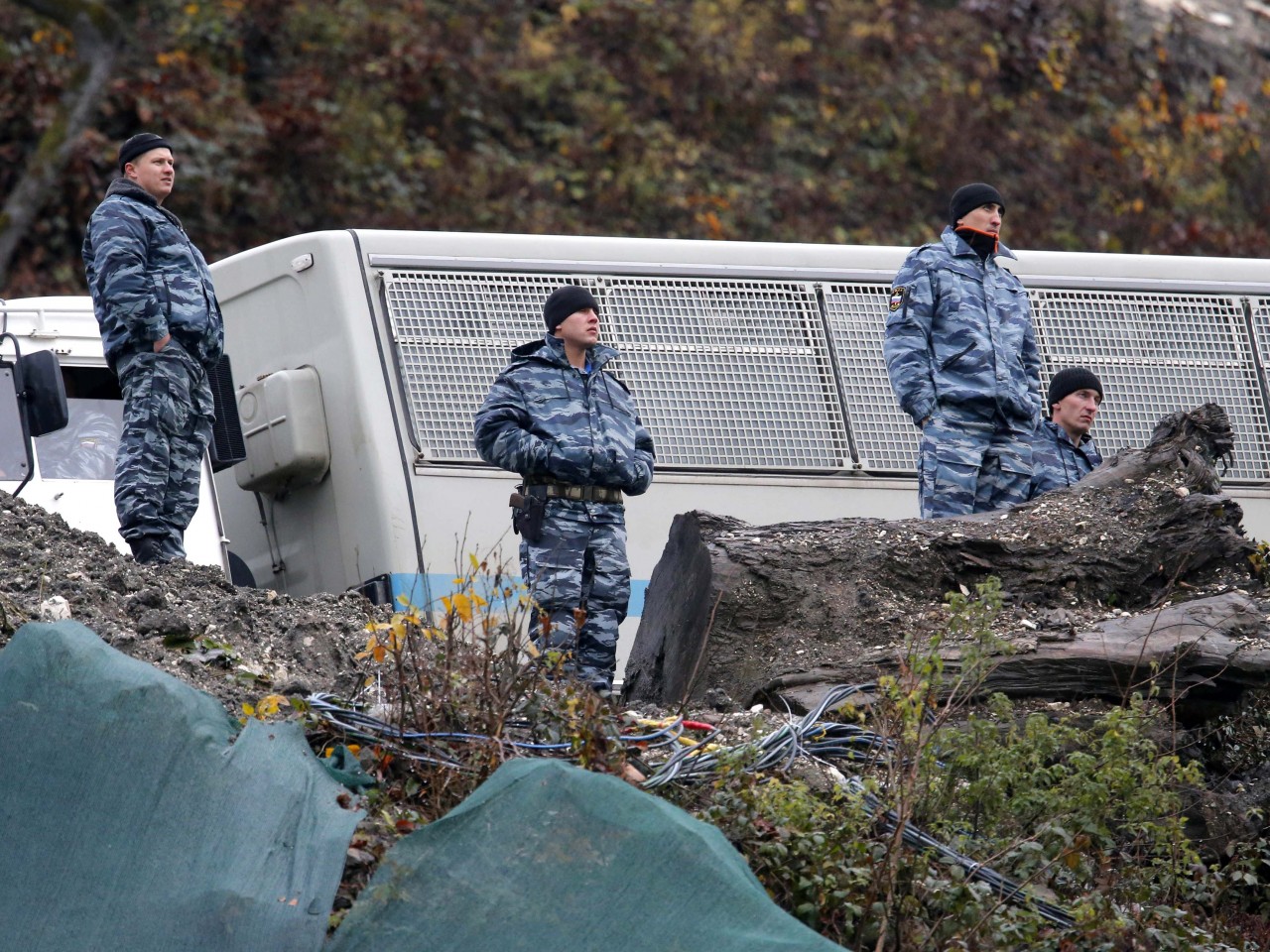The conflict in South Sudan has continued for one month since its outbreak December 15. Fighting has raged in several locations, with the most severe fighting taking place in three key areas: between Bor, Jonglei State and Juba, the capital of South Sudan; in Upper Nile State; and in Unity State. Bor is 130 miles (210 kilometers) away from Juba by road and Upper Nile and Unity State are important oil producing states. Peace talks began January 5 in Addis Abada after preliminary negotiations the week before. The talks between delegations for the South Sudanese government and Riek Machar-loyal rebels are being mediated by members of the East African IGAD trading bloc. Here is an update of recent events in the South Sudanese conflict:
Peace Talks Might Yield Progress Within Two Days
Peace talks in Addis Abada continue to be stalemated by President Kiir’s and former Vice President Riek Machar’s main disagreement: the release of the political prisoners held by Kiir in Juba. Kiir accuses the detainees of attempting a coup and is holding them as prisoners while they are processed legally; Machar holds that the prisoners committed no crime and are being held wrongfully. Neither Kiir nor Machar have been willing to agree to a cease-fire, but both have repeatedly voiced hope for a prompt cessation of hostilities.
Despite the disagreement between Kiir and Machar over the political prisoners, Dina Mufti, the Foreign Ministry spokesman for Ethiopia at the peace talks, has stated that a ceasefire may be reached within two days. Mufti also noted that there seemed to be a correlation between success on the battlefields of South Sudan and how the dialogue at the peace talks went.
Parliament to Sit on State of Emergency Monday
The Parliament of South Sudan will sit to consider a proposal by President Kiir for a declaration of emergency in South Sudan. The proposal was submitted by Kiir January 11.
Kiir declared a state of emergency in Jonglei and Unity states, the two most violently contended states, January 1. The South Sudanese constitution provides that the President must submit a declaration of emergency to the National Legislature within 15 days of the original declaration.
Ugandan Newspapers Front Pages feature Ugandan Army Activities in South Sudan
Ugandan President Yoweri Museveni stated Wednesday that the Ugandan army has been fighting in South Sudan on the government side. The conflict has resulted in Ugandan Peoples Defence Forces (UPDF) casualties in the battles around Bor city, Jonglei State.
The Ugandan Parliament backed Museveni’s emergency deployment of UPDF soldiers to South Sudan to protect Ugandan interests. Some Ugandan parliamentarians had voiced questions about the constitutionality of Museveni’s decision.
Previously, Ugandan officials had been denying Uganda’s direct military involvement in South Sudan, in the face of accusations of military involvement by Machar and other rebel spokespeople. When asked for comment after Museveni’s admission, the Ugandan military stated, “Well, the President has said it.”
Museveni stated that with the help of the UPDF, the South Sudanese government had defeated rebel forces and regained Jemeza town on the Juba-Bor road, Central Equatoria State.
Upper Nile State SLPA Army Defections
Two days after the rebel attack on Malakal, capital of Upper Nile State, government SPLA troops defected in two separate incidents. 180 soldiers in Wadakona and 260 in Kaka allied themselves with forces loyal to Riek Machar. SPLA in Upper Nile were dispatched to pursue the defectors. Currently, the defectors occupy one part of the area and the government forces occupy another.
Mobile phone networks in Upper Nile have been shut down by government mandate for security purposes. Government spokesperson Ateny Wek explained, “You cannot leave the network up in a place where there are rebels. You have to cut the network where they are.” All of Upper Nile’s cellphone networks have been shut down except Renk and Paloch.
AU Wants ‘Humanitarian Corridor’ in South Sudan
African Union (AU) Deputy Chairman, Erastus Mwencha, made statements that the AU is working with other international partners to create a “humanitarian corridor” in South Sudan, from which location aid agencies would be able to better provide humanitarian assistance to South Sudan.
Lootings of UN and Other Aid Agency Property
Mass lootings have continued in Unity State. Mercy Corps, which distributes water and sanitation to refugees, and Doctors Without Borders were robbed by armed men in uniform again. The World Food Program, the International Committee of the Red Corss, and various UN compounds and workers have also been robbed. Riverboats and vehicles have been commandeered. Banks have been robbed (some banks have suspended operations), ammunition stores have been exploded, shops have been burned to ashes. The armed men responsible for the thefts belong to both rebel and government armies.
The total number of new UN police so far in South Sudan is 315 after 53 additional UN police personnel arrived Wednesday. The UN is stepping up security measures at refugee compounds in South Sudan, including weapons searches, ditches and fences.
Some activist groups in South Sudan have protested against the UN. Some have accused UN head official in South Sudan Hilde Johnson of taking sides. Siding with any group would run contrary to the UN mandate in South Sudan. Some groups have called for Johnson to leave South Sudan. At a protest by such groups, one characteristic sign read, “Hilde Johnson you are destroyer of our country leave the country for our security.”
Human Rights Violations Report Next Week
The UN Mission in South Sudan has announced that it will publish a report of human rights abuses by both sides of the conflict. The report will be published in the next week or two. The UN intends to hold accountable culprits responsible for human rights abuses.
Human Rights Watch released a report Wednesday that shows humanitarian crimes in Juba, Bor and other locations based on ethnic group have taken place. The organization urged government and rebel leaders to support an independent, unbiased investigation into human rights violations.
Members of the U.S. government have repeatedly called for those responsible for humanitarian crimes to be held accountable in international or other courts. President Kiir has also warned every person doing ethnic attacks, even if they are doing so in support of Kiir, that they must stop. The government arrested an unspecified number of SPLA Thursday on suspicion of ethnically-targeted killings of civilians.
All Universities to Close in South Sudan
University studies in South Sudan have been suspended temporarily. The higher education council issued letters to teachers that the government had suspended regular classes at universities. The decision is expected to affect all universities in South Sudan. The decision was made after a meeting in Juba between the government and the heads of South Sudan’s universities. The decision was made so that the government “could monitor the current political and security situation in the country,” according one university’s acting director, Daniel Opio Akau.
Government Calls For More Army Volunteers
South Sudan’s Vice President Wani Igga has announced that the government wants 5000 recruits from each state to join the national army and fight the rebels. The government has been calling for more volunteers to fight the rebels repeatedly in previous weeks. The government has also levied mandatory donations to fund the army, and has initiated various programs to support the SPLA.
By Day Blakely Donaldson
Sources:
VOA
VOA
Sudan Tribune
Sudan Tribune
Radio Tamazuj
Radio Tamazuj
AP
